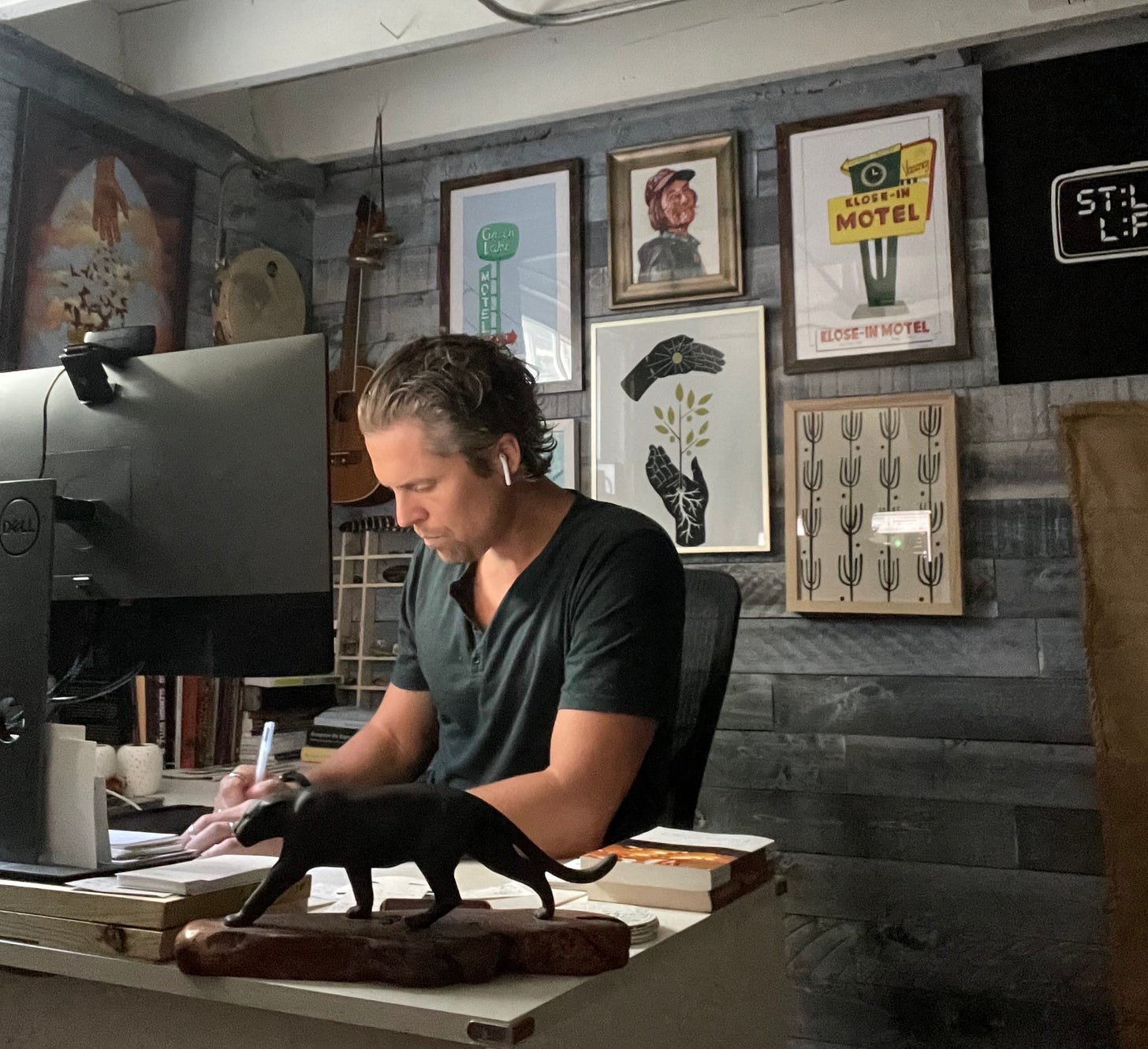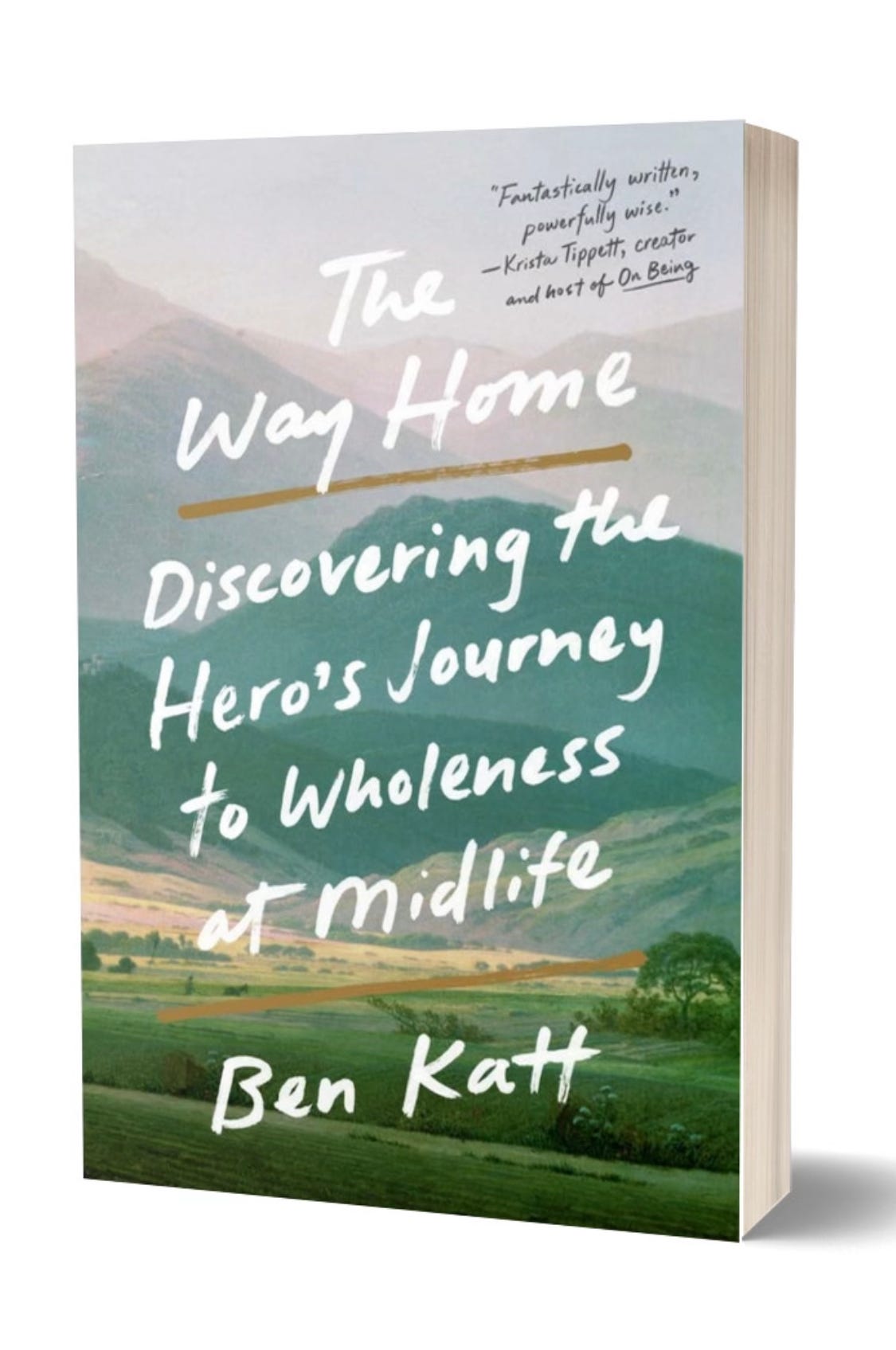
In 623 CE, on Mount Arafat a little over 10 miles from Mecca, the sacred destination of the Islamic pilgrimage (in modern day Saudi Arabia), the prophet Muhammad delivered his Last Sermon. While we don’t have a ten-part docuseries like The Last Dance, multiple ancient narrators recorded the details of his pilgrimage as well as his final words, in which he calls his listeners out of ignorance and includes radical statements against financial exploitation and in support of the rights of women as well as the equality of all ethnic groups. Then, as he concludes his sermon, Muhammad asks the audience—and really himself—this daring question:
“Have I delivered to you without distortion the message I was given by God?”
Mic drop!
I first came across this weighty question earlier last year while reading Sufi teacher Kabir Helminski’s The Mysterion: Rumi’s and the Secret of Becoming Fully Human. It took my breath away.
I’m no prophet. And you don’t have to be either. But I think we can all ask ourselves this really important question about the work we do, the things we create, and the way we carry ourselves in the world.
Listen again (and we’ll put it a bit differently in case that final God-clause makes you uncomfortable):
Have I delivered without distortion the message I was given?
Have I been true to the work that is mine to do?
Have I lived in alignment with the “one wild and precious life” that is mine to live?
You see, there are all sorts of things that can distort someone’s “message”—that good, dignifying, life-giving even-if-its-hard offering for the world. Like chasing after followers and fame. Making a buck. Likability. Accumulating power. Scratching that achievement itch. Imitating someone else. And much more. Things get twisted when we take an outcome-oriented approach to what we do.
Muhammad’s question is different. It isn’t asking for any future guarantees. It isn’t worried about what’s in it for me. He isn’t saying I hope people like what I said or I hope they agree with me! Even though he’s posing the question to the crowd, he isn’t looking for any external validation for what he did; he’s looking to confirm that he was true to his internal knowing, to his soul, to God.
He’s after integrity. And where there is integrity, there is fulfillment—regardless of how things turn out!
There’s a reason I am inviting you to join me in reflecting on this question right now… at the beginning of this particular week. Because publication day for my book is this Tuesday, February 20 (YAY!!!). And this is a question I’ve asked myself repeatedly since I first came across it last year while I was in the process of editing my book. In fact, I’ve been asking this question—even before I knew Muhammad’s particular iteration of it—since I started writing!
Am I delivering the message I’m meant to share without distortion?
And you know what’s really, really cool? I keep getting the same answer. That no matter how many copies I sell. Or bad reviews I get. I feel such deep contentment. Because I did what I set out to do.
Scratch that—because I was true to what unfolded from within me.
And so—THIS WEEK—I’m very excited to deliver to you without distortion this weird, genre-crossing, funny and serious, soothing but also disturbing message that is The Way Home. Check it out!




AND, congratulations on your book!
Yes! Yes! I keep this quote nearby on my desk..."Keeping promises to yourself is the beginning of inner harmony." Part of keeping promises to myself has every bit to do with integrity. Thank you for sharing this.